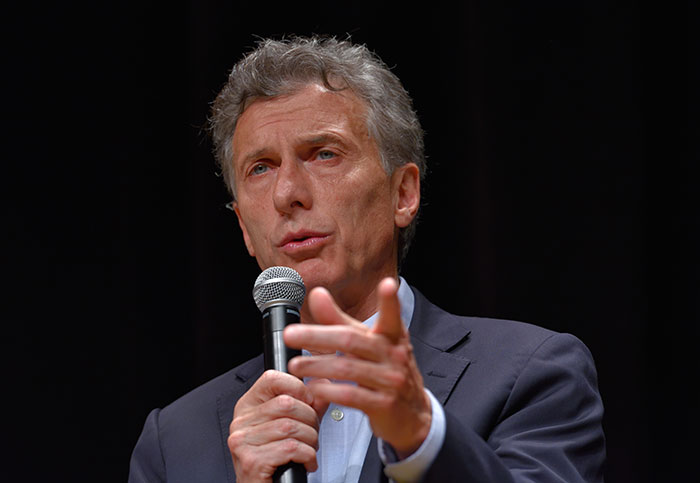web_mauriciomarci_shutterstock_349711475.jpg

Argentinian president Mauricio Macri
The government hopes the move will help it achieve its target of a 4.2% deficit in 2017.
In September, the government relaxed its fiscal deficit target for this year. Originally, it had been set at 3.3% as part of a free-market agenda aimed at attracting investment. However, it was decided this would have been too aggressive.
Now, Argentina is instead targeting a reduction of 0.6 percentage points on its 2016 deficit. Speaking yesterday, energy minister Juan Jose Aranguren explained that price increases of between 60% and 90% for energy consumers were in line with this target, along with efforts to cut inflation, Reuters reported.
Since taking office in 2015, the country’s centre-right, pro-business president Mauricio Macri has set to work rapidly overhauling Argentina’s economy.
Reducing the deficit, which surpassed 7% of GDP when he took office, was a key priority. He swiftly scaled back the public sector and cut subsidies, winning praise from international onlookers, while fuelling inflation and discontent among some at home.
The central bank is targeting between 12% and 17% inflation next year, but since it reached 40% in 2016, many analysts believe this goal is unlikely.
With the economy in recession, households are struggling as inflation eats into their purchasing power.
The lowest earning households will be protected from the measure with a continued subsidy, while others will be able to reduce their exposure by limiting their consumption.
More than 80% of consumers who receive electricity from two Argentinean companies will see an increase of 183 pesos ($11.5) per month or less. Those who consume the least will be subject to a 60% increase, while those who consume the most will be hit with a 90% hike.
Consumers who reduce their consumption will be eligible for a discount.
This provision marks a bid to reverse another legacy left over from the previous left-of-centre administration – a significant energy deficit.
Macri has endeavoured to overhaul many of the socialist policies he inherited from the last government, and the circumstances resulting from them.
One of his first major changes was to end a long-running impasse with international creditors, absolving Argentina of its status as a financial pariah and securing its re-entry to the international bond market.
Earlier this month, the country successfully raised another $7bn with its latest bond issue.













